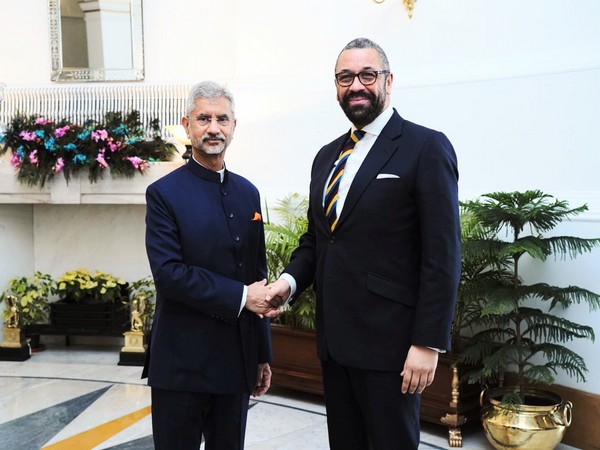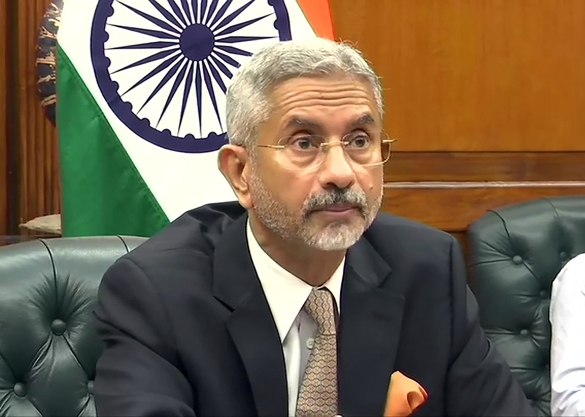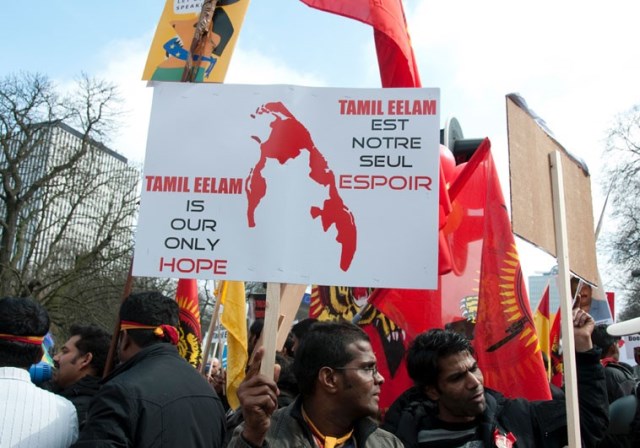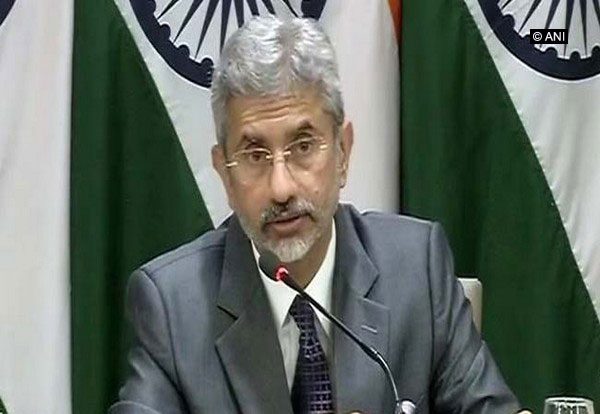External Affairs Minister S Jaishankar on Thursday said that the decision-making at multilateral organizations like the United Nations doesn’t reflect the realities of present-day politics, economics, or aspirations of the people at the G20 Foreign Ministers’ Meeting (G20FMM) held here.
Highlighting the flaws in the global decision-making process at the United Nations while addressing the foreign delegates at G20FMM, he said, “Current global architecture is in its 8th decade. The number of members of the UN has quadrupled in this period. It neither reflects today’s politics, economics, demographics or aspirations. Since 2005, we have heard sentiments for reform being expressed at the highest level. But as we all know, these have not materialised. The reasons are no secret either. The longer we put it off, the more the credibility of multilateralism stands eroded. Global decision-making must be democratised if it has to have a future.”
The G20 Foreign Ministers’ Meeting commenced with a minute’s silence observed for those who lost their lives in the recent earthquakes in Turkey and Syria.
“Before I commence proceedings, let us observe a minute of silence in memory of the many who lost their lives in the devastating earthquake that hit Turkey and Syria. Our deepest condolences to the bereaved families,” said Jaishankar.
The EAM began the first session of the G20 Foreign Ministers’ Meeting by reminding foreign delegates that “this grouping bears an exceptional responsibility.”
“We first came together in the midst of a global crisis and are today, once again, actually confronting multiple ones. These include the impact of the Covid pandemic, concerns of fragile supply chains, the knock-on effects of ongoing conflicts, anxiety of debt crises and the disruption of climate events. In considering these issues, we may not all always be of one mind. In fact, there are some matters of sharp differences of opinions and views. Yet, we must find common ground and provide direction, because that is what the world expects of us,” said Jaishankar.
Speaking on the future of multilateralism, he said, “As we look ahead, there are both pressing and more systemic challenges that we all confront. The future of multilateralism depends very much on our ability to strengthen it in a changing world.”
He focussed on developing cooperation to mitigate the food crisis magnified by recent events.
“Food and energy security are immediate anxieties, magnified by recent events. But they do have long-term repercussions and solutions. And development cooperation is part of that larger solution that we are deliberating upon today,” said Jaishankar.
He also discussed the agendas for today’s discussions that included challenges of food, fertilizers and fuel security that are make-or-break issues for developing countries.
“We heard their concerns directly in January this year through the Voice of Global South Summit. Such issues should not be relegated to the periphery of the international discourse. They are infact, crucial to the global economy and must be treated as such. Indeed, we urge that they be central to any decision-making. Along with that, the world must also strive for more reliable and resilient supply chains. Recent experience has underlined the risks of being dependent on limited geographies,” said the EAM.
He said that G20 group have individually and collectively an obligation to contribute to international growth and prosperity, adding that these can be implemented through sustainable partnerships and goodwill initiatives.
“On its part, India has undertaken development projects in 78 countries and has actively encouraged exchanges and capability building. During the Covid pandemic, we made a conscious effort at contributing to global solutions even while looking after our own. Today’s situation demands that we continue to live up to our international responsibilities. The G20 must be sensitive to all our partners’ priorities and economic concerns, especially those more vulnerable. We must ensure demand-driven and sustainable development cooperation based on country ownership and transparency. Respect for sovereignty and territorial integrity are essential guiding principles for such cooperation,” added Jaishankar.
He reaffirmed that G20 Foreign Ministers can send a collective message of its determination to address the complex challenges that the world face at this juncture, adding, “I look forward to our deliberations in this regard.” (ANI)
Read More:http://13.232.95.176/








